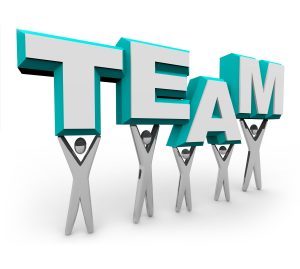s your company going through major and necessary change? Or more importantly, are you in desperate need of challenging the status quo? Effective change management, cultural innovation and helping employees understand the change process is critical to building and maintaining growth and positive momentum in any organization. Those organizations that are quickly able to adapt to necessary changes will survive in an increasingly competitive marketplace.
For example, in 1985 Harley-Davidson nearly went bankrupt and is now considered the most reliable motorcycle brand in the world. If former CEO Richard Teerlink had not improved the reliability of Harley Davidson products, the company wouldn’t be here today. They did this by asking for feedback from their customers and implementing their suggestions. Today, there are 1300 Harley dealers worldwide (650 in the US alone) and each one of them sponsors a local social chapter of Harley owners that meets at least once a month. This has increased the number of Harley followers who continue to spend more and more money on Harley Davidson products.
To embrace change and encourage innovation in your business consider the following tips:
- It starts with leadership: True leaders must be able to take advantage of opportunities swiftly and assertively. You must demonstrate your forward thinking ability to innovate and respond to change so your team will do the same.
- Utilize fresh viewpoints: Do you have new team-members on your team? Have you listened to their perspectives on sales strategy, marketing or operations? Listening to their observations and suggestions may open your eyes to new opportunities that you may have not considered.
- Acknowledge and celebrate idea-sharing: Leadership guru John C. Maxwell suggests that a “great idea is simply the combination of many good ideas.” It is important to celebrate good ideas and recognize the people who bring them forward. These companies will continue to surround themselves with top talent and a constant supply of leading-edge suggestions.
- Fail Faster: Effective teams are allowed to fail a few times before they succeed. Creativity is stifled when there is fear that failure will be punished in the work place. It is important to praise creative thinking and problem solving even though it may not be the outcome you are looking for.




